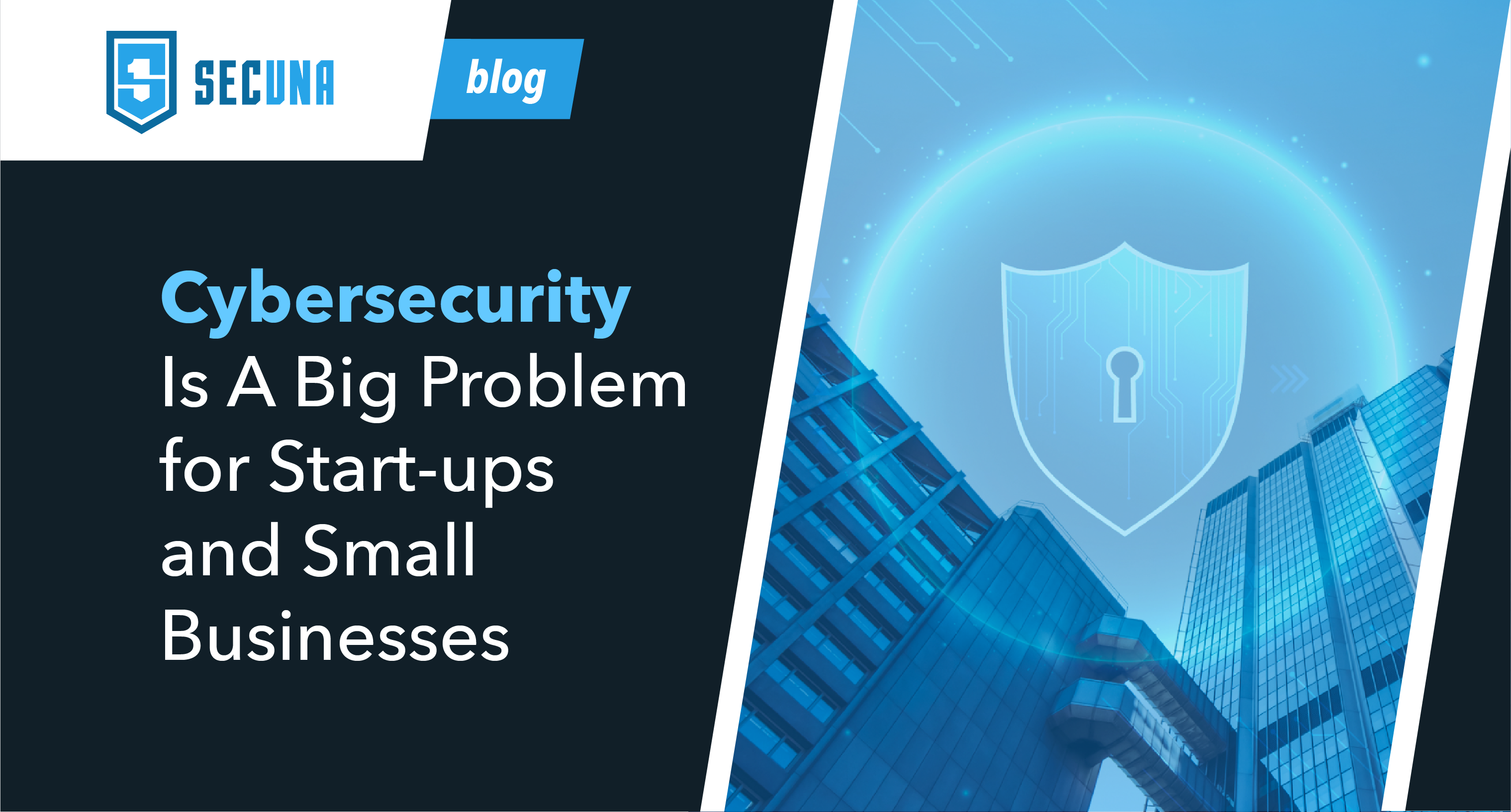How well-equipped is your business to deal with cybercrimes or data breaches?
While cyberattacks are tragedies that you’d think only big companies like Microsoft or Facebook experience — the hard truth is that a whopping 78% of small businesses and start-ups are the real targets. Indeed, intelligence firm 4iQ reports that data breach incidents occurring to small businesses has risen up by 420% in 2018 from 2017, exposing almost 15 billion identity records.
But why haven’t you heard of this before?
Big businesses tend to grab all the headlines, lulling small business owners and start- ups to believe that they won’t be targets — even if it is the opposite. Indeed, the Philippines is reported to be the fifth most targeted country for internet-borne attacks. No matter how small or big, cyber criminals today are increasingly targeting businesses, and it’s imperative that you’re equipped to handle cyber-attacks of any scale.
Why are small businesses and start-ups being targeted?
With less money and less data, you’d think that small businesses won’t be targets — but that’s exactly why they’re being targeted. As that they have no capital or resources to invest in the same level of cybersecurity that big corporations have, they make the perfect target for cybercriminals.
This leads to a lack of secure databases or applications, which could leak personably identifiable or sensitive information (PII or SPI) to hackers — both of which could have serious repercussions based on the Data Privacy Act of 2012. This is because such information is what is valuable to cybercriminals, as they can commit fraud or sell it on the dark web. Not to mention, a lack of resources for the right equipment is what causes businesses who use components with known vulnerabilities, putting them at risk of ransomware.
Additionally, given their position in the supply chain, many small businesses have relationships with bigger corporations, and can serve as a conduit to a network of sensitive data. Examples of these are legal firms, contracting services firms, or accounting firms — all of which could hold a potential data mine for cybercriminals to take advantage of.
What kind of crimes should small businesses and start-ups be wary of?
Small businesses are susceptible to a range of cyber-attacks, as cybercriminals can target either the technical systems or even employees. We’ll outline a few attacks that you should be wary of below.
- Phishing
This is where criminals attempt to get personal data and system log-in details to commit fraud. - Malware
This is any type of malicious software that can cause your system harm and breach data security, such as ransomware, spyware, trojan horse, and viruses. - Distributed Denial of Service (DDoS)
You can think of this as an “internet pile-on,” where attackers can send information and data from multiple computers to overload your system so it shuts down. - Zero-Day Attacks
Simply put, these are attacks on vulnerabilities that have not been patched by developers or made public. This is also when attacks take advantage of such vulnerabilities on the day they’re announced – hence the term “zero-day.”
How can small businesses and start-ups avoid cybercrimes?
A data breach could spell a disaster for businesses of any type, which is why preventing it should be of utmost priority. That said, what are the steps you can take to avoid it?
- Keep everything up-to-date.
There’s a reason why software pushes security updates out — for your protection. - Train employees.
Basic cybersecurity training and awareness can go a long way in
avoiding situations where you could be the next target. It can be as simple as holding an awareness seminar, to attending full-blown cybersecurity classes. - Run a bug bounty program (BBP).
In simple terms, BBP is just a formal equivalent of “If you see something, say something.” This way, you’re giving anyone the opportunity to report bugs in your system, with BBPs giving ethical hackers incentives to do the job. At Secuna, you can create a BBP – and have access to the expertise of cybersecurity professionals across the globe. Whichever program you choose, you can manage it yourself or have it managed by the Secuna, so you can focus on other important things for your business.
Contact Secuna to start being ahead of cybercriminals and be worry-free about your cybersecurity plan today.
Secuna is a trusted cybersecurity testing platform that provides organizations a robust and secure platform that enables them to collaborate with the top security researchers from around the world to find and address security vulnerabilities.

